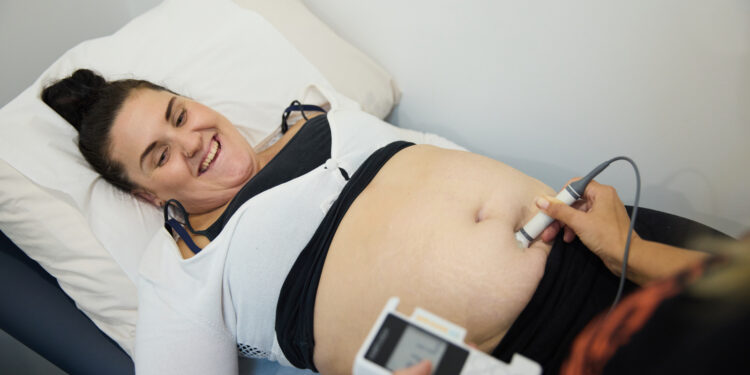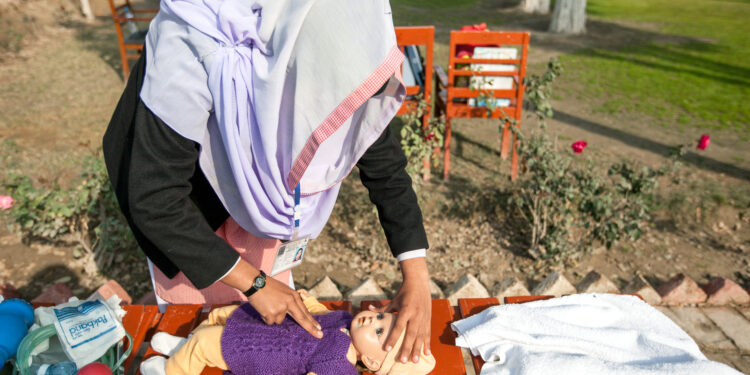International Definition and Scope of Practice of the Midwife

A midwife is a person who has successfully completed a midwifery education programme based on the ICM Essential Competencies for Midwifery Practice and the framework of the ICM Global Standards for Midwifery Education, recognised in the country where it is located; who has acquired the requisite qualifications to be registered and/or legally licensed to practice midwifery and use the title ‘midwife,’ and who demonstrates competency in the scope of practice of the midwife.
Scope of Practice
The midwife is recognised as a responsible and accountable professional, who works in partnership with women to give the necessary support, care and advice during pregnancy, labour and the postpartum period, to conduct births on the midwife’s own responsibility and to provide care for the newborn and infant. This care includes preventative measures, the promotion of normal birth, the detection of complications in mother and child, the accessing of medical care or other appropriate assistance and the carrying out of emergency measures.
The midwife has an important task in health counselling and education, not only for the women and gender diverse people they serve, but also within families and communities. This work should involve antenatal education and preparation for parenthood and may extend to sexual and reproductive health care, and care for infants and young children.
A midwife may practise in any setting including the home, community, hospital, clinic or health unit.
Adopted at Brisbane International Council meeting, 2005
Revised and adopted at Durban Council meeting, 2011
Revised and adopted at Toronto Council meeting, 2017
Revised and adopted at Bali Council meeting, 2023
Due for next review, 2026

